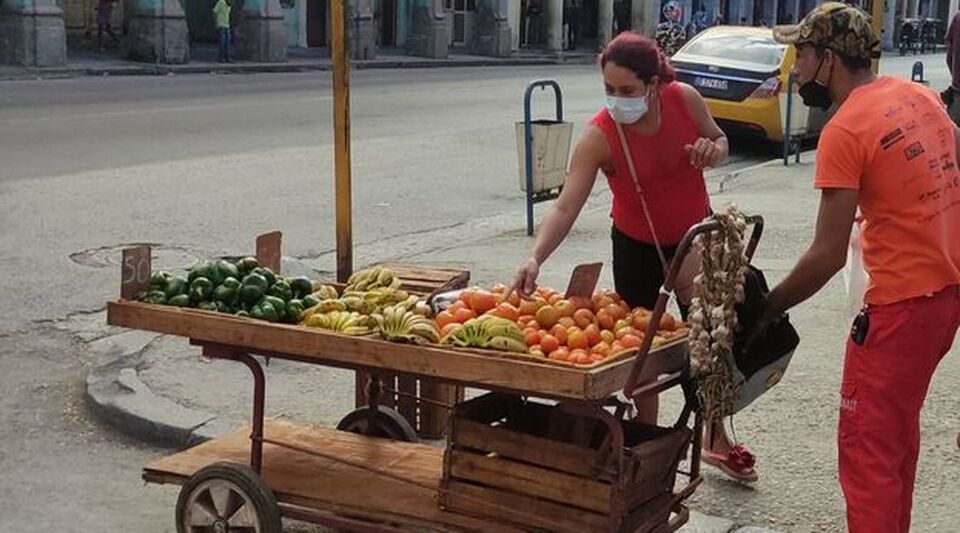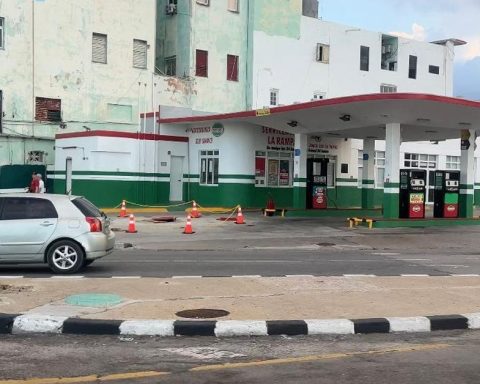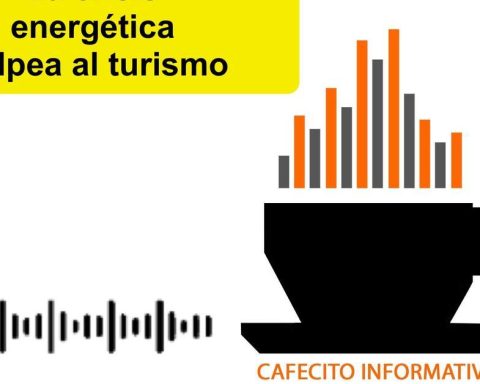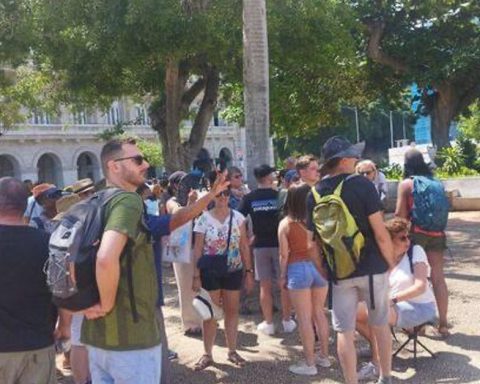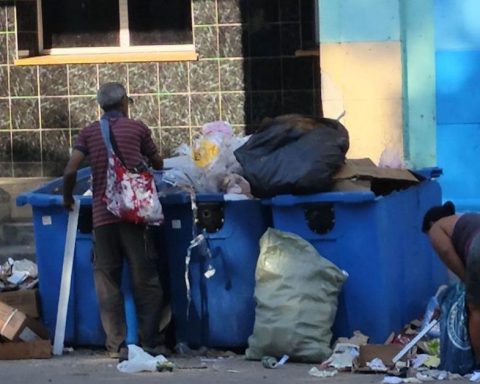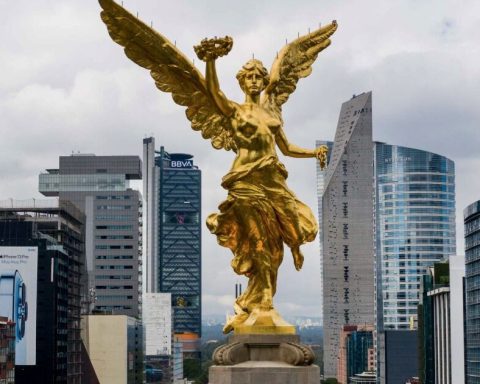The fixing of prices of some agricultural products in the province of Cienfuegos does not stop the escalation of increases in food, acknowledged the official press, which indicates a “slowness in the actions.” The last food to be added to the list with a cap is tomato according to a regulation in force since December 15, which establishes that a pound for retail sale must not exceed 25 pesos.
The resolution issued by the governor of Cienfuegos, Alexandre Corona, establishes that 30% of the purchase value from the producer cannot be exceeded. It is also expected that the price will be lower depending on the quality, a measure that was previously taken for the commercialization of some agricultural products such as cassava, sweet potatoes, fruit plantains, rice and root vegetables.
In this sense, sellers must offer a pound of second quality tomato with a 15% discount on the first quality, while for the product with “out of standard” quality it is set at 10% less compared to the second quality. .
In this season it is common for the markets to be stocked with tomatoes, but the product is still absent from many pallets and the little that does enter is sold at exponential prices.
The rule authorizes self-employed workers and some street vendors to sell a pound of tomato 30% above the price set forth in the document.
In this season it is common for the markets to be stocked with tomatoes, but the product is still absent from many pallets and the little that does enter is sold at exponential prices. One day before the norm came into force, in the Plaza La Calzada in Cienfuegos the fruit was sold for 120 pesos per pound.
Other essential foods for the Cuban diet suffered the same fate, such as a pound of rice at 55 pesos, donkey plantain at 50, cornmeal at 45 and red beans at 200. “It is correct that they try to put a stop to to skyrocketing prices,” the provincial daily newspaper September 5, in which he attributes the increase in the cost of the basic basket to the “devaluation” of the peso and the depressed supply due to the “financial limitations” that the Island faces.
The article replicates the criticism of the Cuban authorities against the “passive attitude” of state, cooperative and private producers, whom it accused of waiting for imported fertilizers to arrive instead of applying Cuban ones with “scientifically proven” efficacy. The author also points out that the authorities lack control over the resellers who adjust the prices on the blackboards when the inspectors “hang around”, but, once they move away, it is easy for them to raise the price.
The most recent requisition announced is the seizure of a truck loaded with oranges that came from Jatibonico
Under pressure from citizens, who pay more for food every day, the authorities announced in October that they would toughen the measures against speculators and began to carry out different operations. The most recent requisition announced by the newspaper Granma is the seizure of a truck loaded with oranges that was going from Jatibonico, Sancti Spíritus, heading to Cienfuegos.
According to the outlet, the drivers did not carry the corresponding authorizations, so the authorities proceeded to sell the fruit in the Las Cruces state market, in Cienfuegos, for 20 pesos per pound.
The same outlet acknowledges that “not everything is going well” in the marketing of agricultural products in the market, despite the price caps set by the provincial government. “Non-compliance is evident” with rice, which, according to the norm, should not be sold for more than 45 pesos, but some shops have it between 50 and 55.
Glenia Cristina Díaz González, provincial director of Finance, confirmed that the fines pending collection in the province total 5,096, equivalent to 3,678,000 pesos. Cienfuegos, Abreus, Cumanayagua and Cruces accumulate the majority of violations at the top, although infractions have been detected in all municipalities.
________________________
Collaborate with our work:
The team of 14ymedio He is committed to doing serious journalism that reflects the reality of deep Cuba. Thank you for accompanying us on this long road. We invite you to continue supporting us, but this time making you a member of our newspaper. Together we can continue transforming journalism in Cuba.
